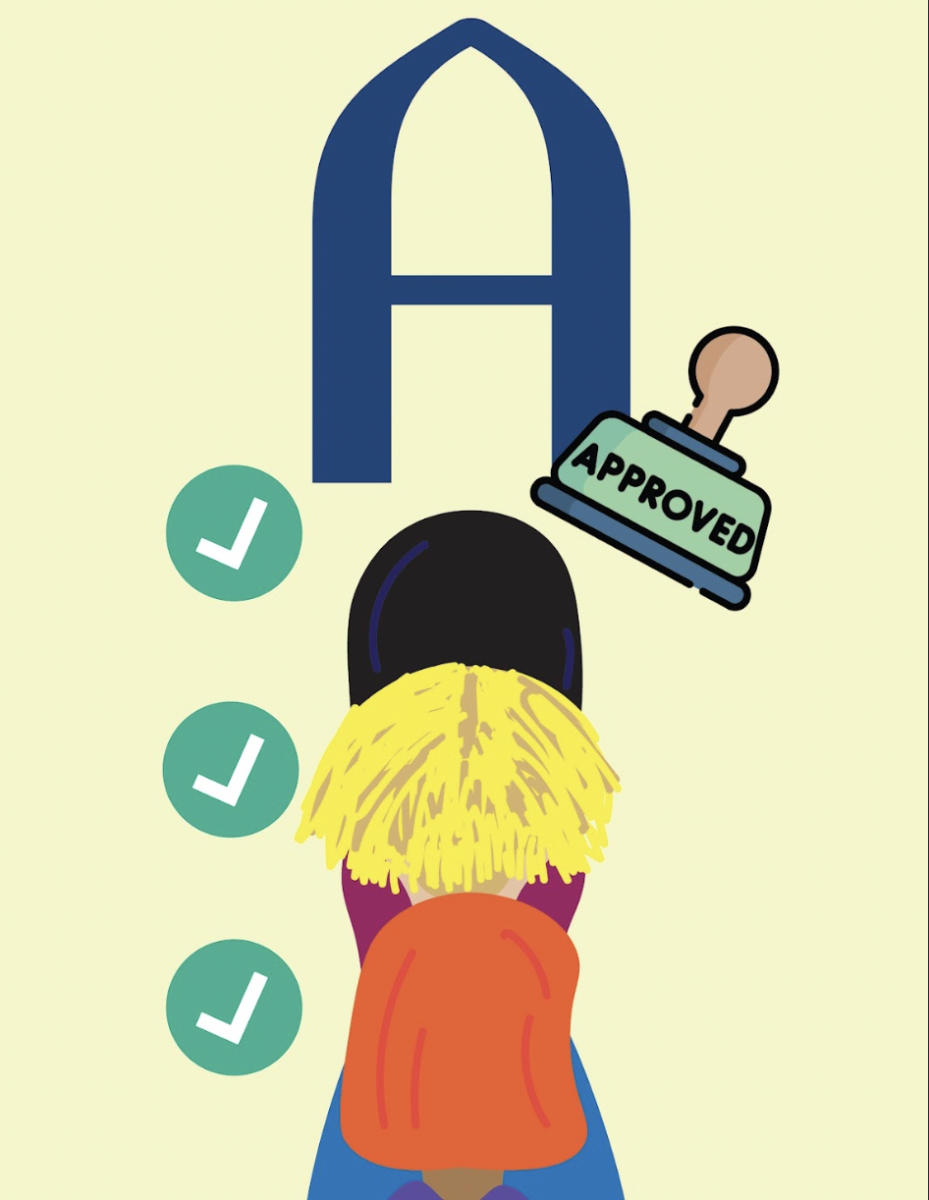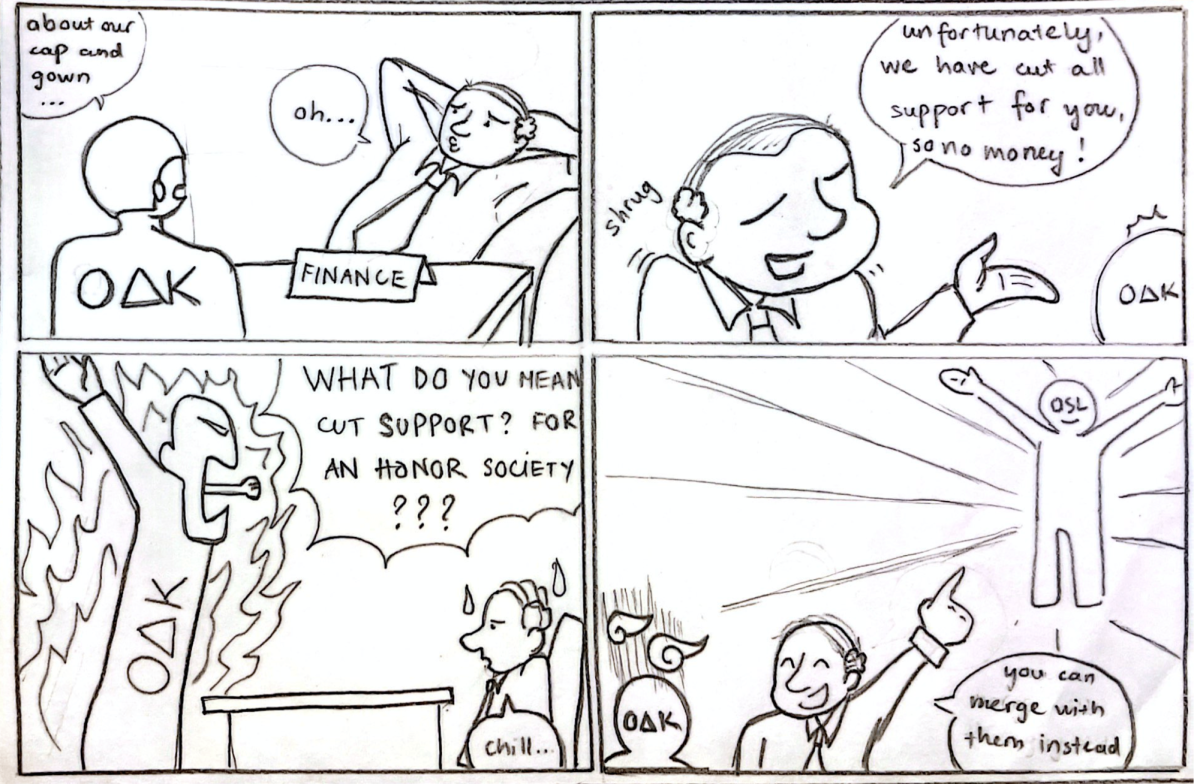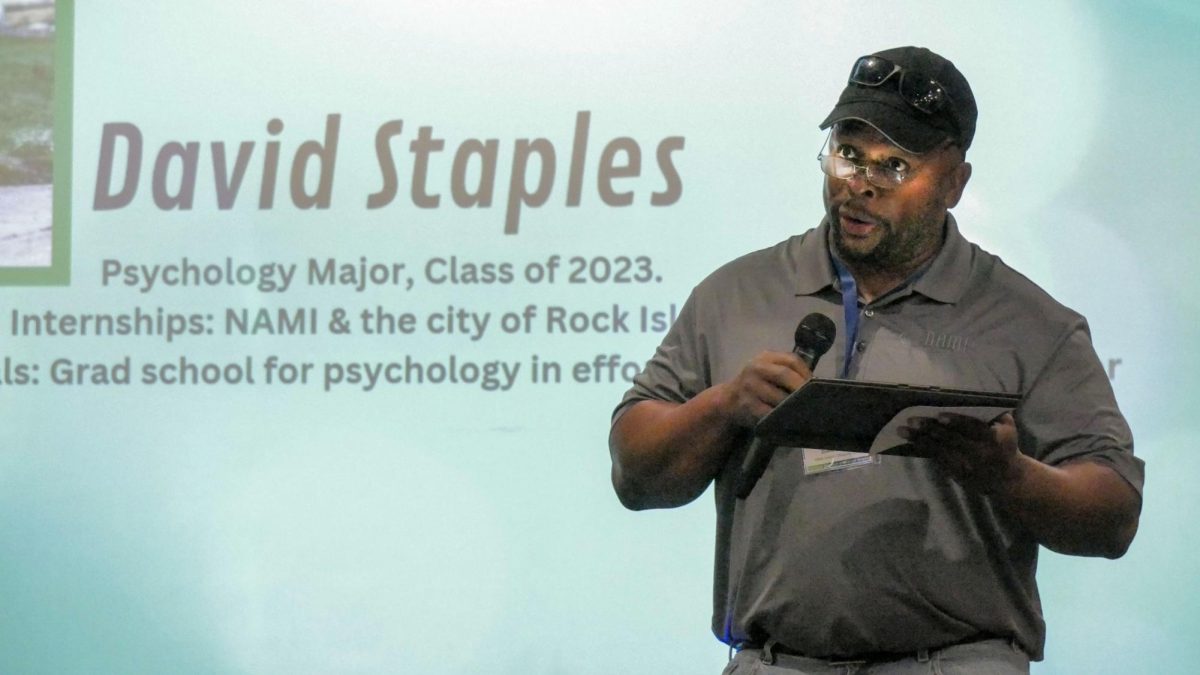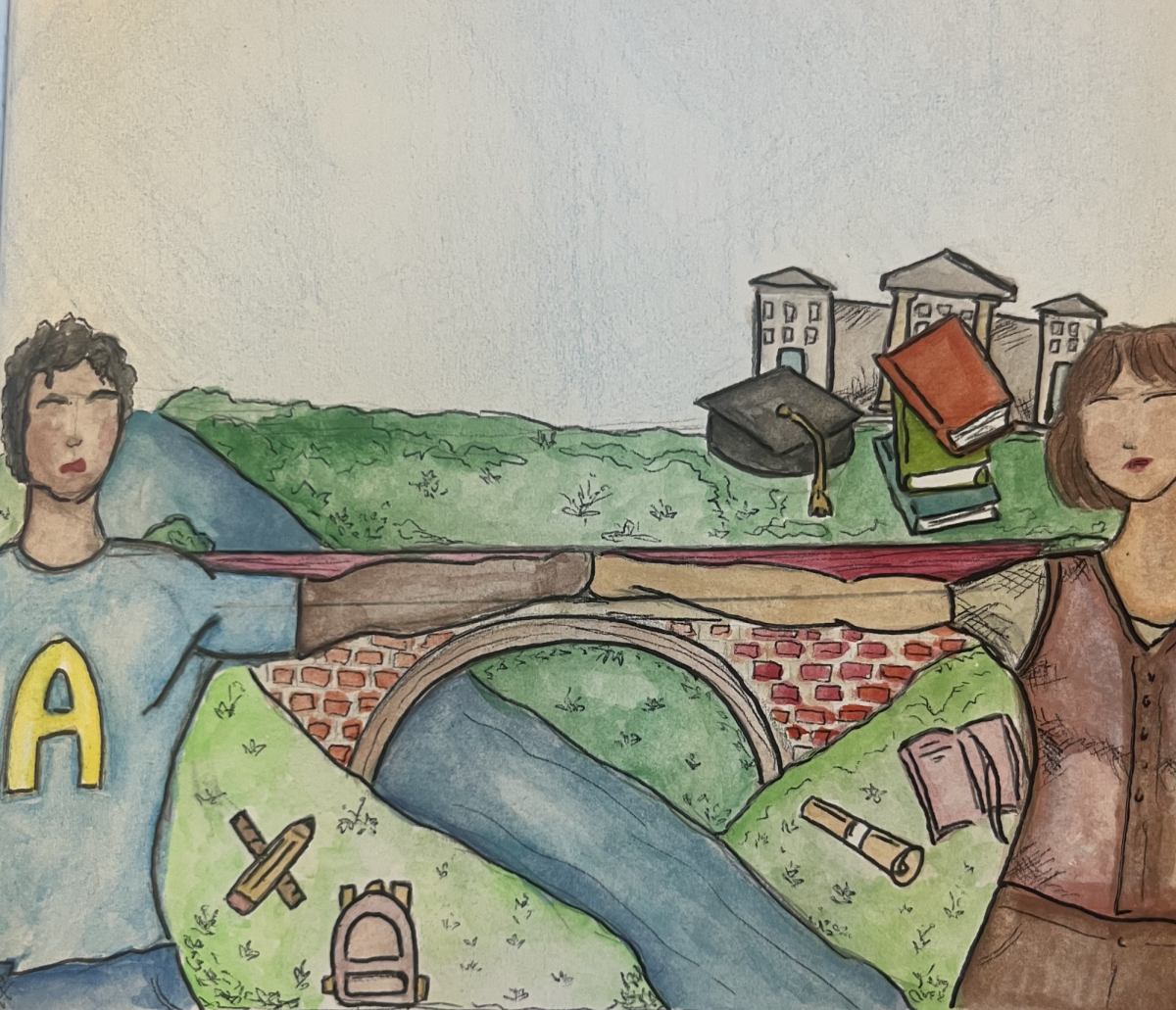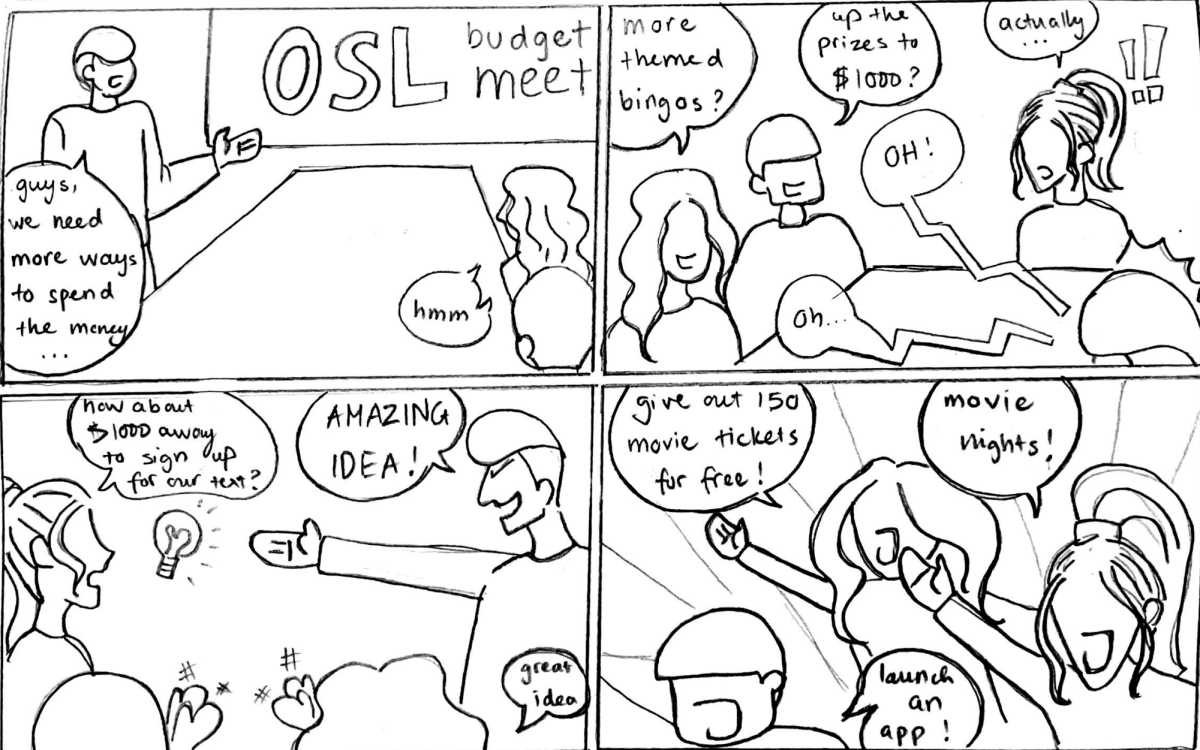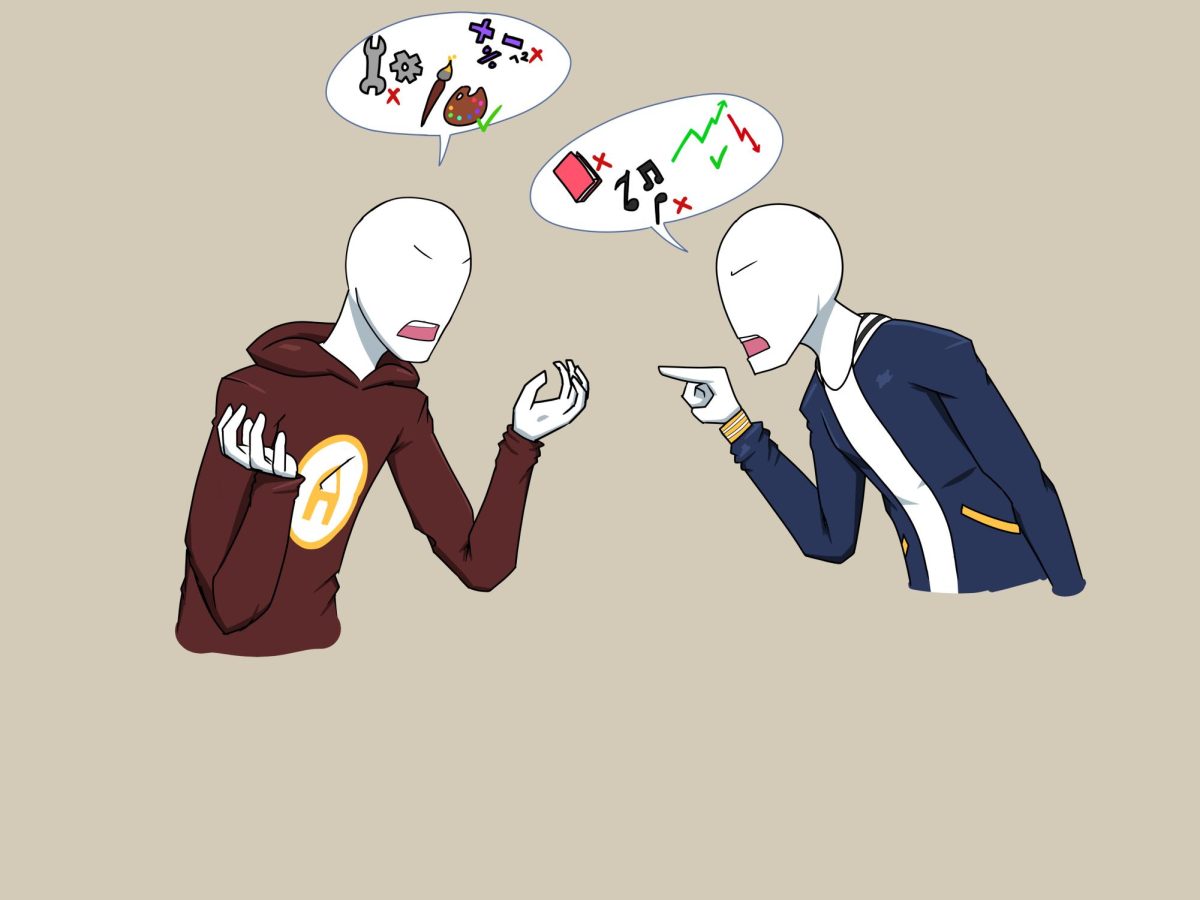On Sept. 26, Pete Davidson, a famous comedian and cast member on Saturday Night Live, revealed that he had been diagnosed with borderline personality disorder, which is characterized by unstable relationships with other people and unstable, extreme emotions. Davidson, 23, discussed his diagnosis during the Weekend Update portion of SNL on Oct. 6. Davidson was very candid about his diagnosis and urged for people who were suffering from mental health issues to seek help. While remaining honest, he then began to crack jokes, such as “My sketches suck, they’re written by a depressed person”.
Davidson is not the only comedian to be candid, funny, and honest about struggles with mental health. Other comedians such as Bo Burnham and Mike Birbiglia, as well as television shows like “It’s Always Sunny in Philadelphia”, “Crazy Ex-Girlfriend”, “Bojack Horseman”, and movies such as “Inside Out” and “Silver Linings Playbook”, many others are starting to attempt to normalize mental health, all with humor as a tool.
“Humor can be a really positive coping tool,” said Dr. J. Austin Williamson, a professor of psychology at Augustana College. “It can help life your spirits, it can help get you unstuck from the feelings of hopelessness that can come along with a lot of psychological disorders, and it can even make things like depression and anxiety seem less intimidating if we can make fun of them sometimes.”
Much of the humor and comedy that comes from talking about mental illness is from comedians using comedy to cope with their own psychological disorders. Similar to Davidson, many comedians have suffered from mental illness, and depression in particular. Some of the most noteworthy are Louis C.K., Sarah Silverman, and the late Robin Williams. Keenan Odenkirk, a Senior Theatre and Computer Science Major and president of the social organization Phoenix, thinks that listening to these comedians can lead way to discussion.
“If you can’t laugh about (mental illness), you can’t acknowledge the fundamental ideas of why they scare,” said Odenkirk. “You are running from it right now, as opposed to opening yourself to it . . . If you can’t laugh about it, you can’t talk about it.”
Williamson and Odenkirk also both mention the idea of the stigma surrounding mental health, of which there are multiple facets. The first of those facets is that people think that mental illness shouldn’t be discuss because it’s uncomfortable, or that it’s something that should be private. Emily Mason, a junior double majoring in Psychology and Communications with a minor in Theatre, says that this stigma is dangerous, but can be impacted through comedy.
“Mental illness effects millions of people, it should be normalized,” said Mason. “As long as the comedy is done tastefully and in a way that normalizes the conversation, it will be effective.
But what is the best way to do the comedy tastefully? When comedians talk about their own experiences, it can be easy enough to make fun of themselves. However, in a scripted medium, that line can become more difficult to decipher.
“Whenever you’re making fun of someone who is different than you, then humor is more of an attack or weapon as opposed to making it more relatable,” said Williamson. “The key is to ensure that there are sympathetic characters, characters that you can root for.”
Mason agrees, saying that “Exaggerated portrayals can lead to misinformation and actually increase the stigma.”
Odenkirk also had a focus on a different type of stigma, one that he thinks Davidson covered well. In his bit, Davidson jokingly starts to attempt use his diagnosis as a way to get himself more airtime on SNL. Odenkirk thinks that this charicature is a stereotype people actually believe.
“There’s a stigma around any mental illness where people think, ‘Oh you just want attention,’” It’s like if it isn’t physical it doesn’t matter, because society thinks everyone should just be able to just use willpower to overcome,” Odenkirk said. “It’s not as if when someone has cancer, we just say ‘Oh, you’re just saying that because you want attention!’”
One of the greatest rewards, as well as potential risks, of using comedy to discuss mental illness lies in the aspect of education.
“There’s a potential to do good by increasing people’s awareness of what symptoms of psychological disorders can be,” said Williamson. “The downside, of course, is that people can be misrepresented and create more confusion.”
Williamson used bipolar disorder as an example of when media portrayals c. Bipolar disorder is often represented as people having a lot of up and down mood swings. However, according to Williamson, that more accurately describes Borderline Personality Disorder, which Davidson was diagnosed with. Bipolar disorder energy and euphoric mood followed by a depressive episode that can also last incredibly long. Another example of inaccurate labels is the confusion between schizophrenia and multiple personality disorder.
However, Williamson said, “Even if they don’t get it exactly right, people can now Google something like it in seconds and hopefully get better information from a more reliable source, so it is at least bringing awareness.”
Along those lines, Mason thinks it is important to ensure that the media doesn’t try to say their portrayals are the definitive source of what a certain disorder may be like.
“I think that’s where the media hasn’t gotten into trouble in the past, they’ve tried to make general statements of ‘This is what everyone with depression looks like’ or ‘This is what everyone with OCD looks like’ or a myriad of other mental health disorders, Mason said. “I think the biggest thing is that there are individual stories that can and should be shared, but it’s a dangerous road to go down if you try to generalize all of mental health.
While entertainment media, and especially comedians, don’t have a duty to discuss and share stories about mental health, the ones that have chosen to take up that gauntlet have begun to make a large impact on the stigma surrounding mental health. From small podcasts such as “WTF with Marc Maron”, to cultural juggernauts such as Saturday Night Live and Pixar, to more intimate, yet popular, stage shows like “Dear Evan Hansen”, entertainers have taken on the mantle of discussing and normalizing mental health. Much of that discussion, comes from a duty by comedians to be honest with their audience.
“The person being funny has signed an unwritten contract with the audience to be honest,” said Odenkirk. “Whether it’s silly stuff like farts or burps or taking seriously things like mental illness, it’s all about being self-effacing about the human race and acknowledging those things that kind of suck.”
Odenkirk, as well as Williamson and Mason, made it very clear that mental health should be normalized, because it’s something almost everyone surrounding us is dealing with. He ties it to a story from his childhood.
“When I was a kid in Boy Scouts, I didn’t want to wear the uniform because it looked, but my dad kept saying ‘Why do you care if it looks stupid, everyone there will be wearing it,’” recalls Odenkirk. “By like the third time he said it, I finally thought ‘Yeah, why should I care if I look stupid, we’re all going to look stupid and we’ll laugh about it together.’”
Mental health is the same as the Boy Scout uniforms. We all may feel uncomfortable having it on out in the open, but if everyone else does as well, we can all handle it and laugh about it together.
Comedians combat mental health stigma
October 19, 2017
